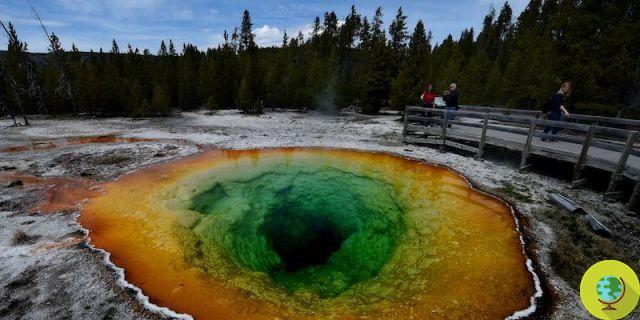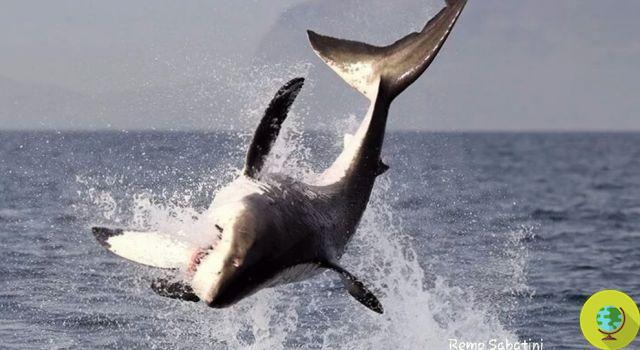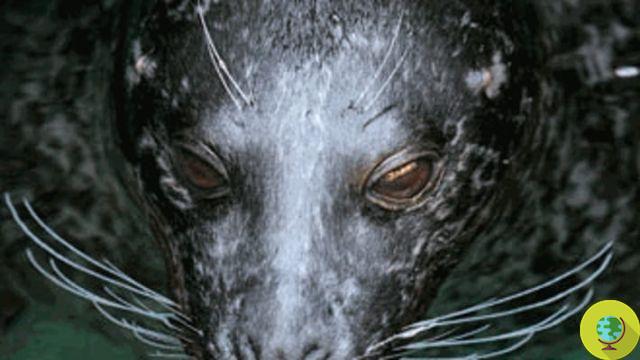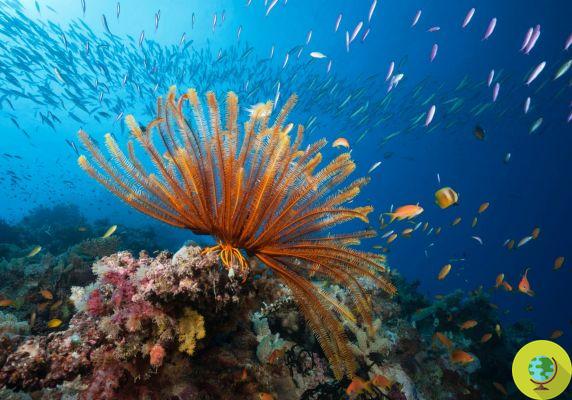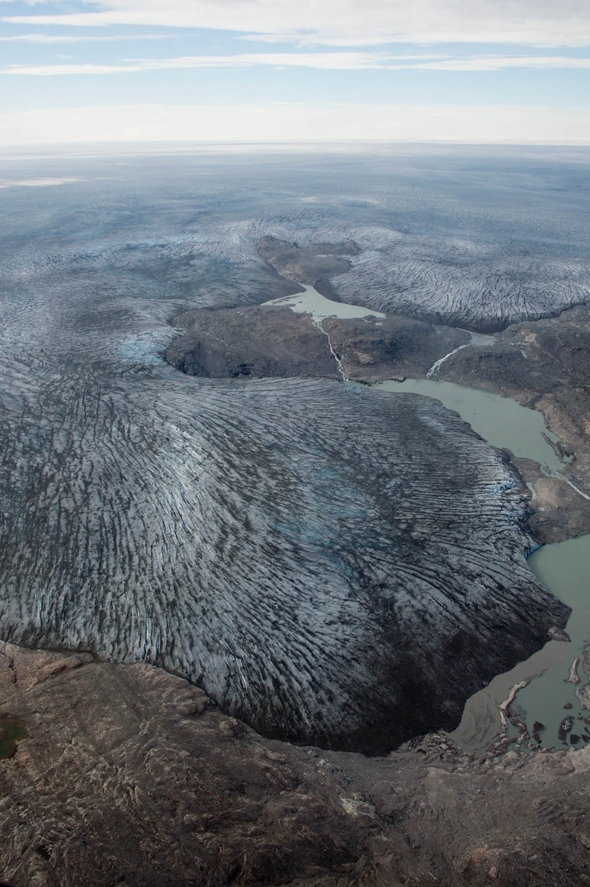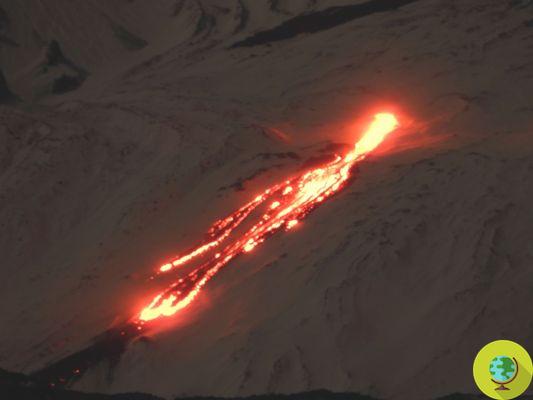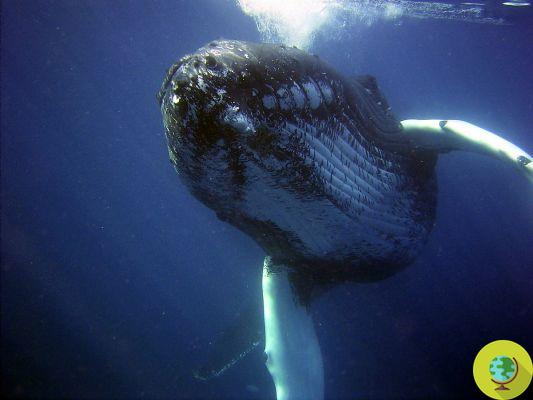
Whales at risk of extinction due to man. Most of these cetaceans in the past 40 years have died from humans, while attempts to save them have not had a demonstrable impact. This is what reveals the study published in the journal Conservation Biology by researchers Julie van der Hoop and Michael Moore, both of the Woods Hole Oceanographic Institution, Massachusetts, who analyzed all the deaths known to have occurred in the Northwest Atlantic between 1970 and 2009 of eight different whale species.
He is about to end up run over, his mother saves him
Whales at risk of extinction due to man. Most of these cetaceans in the last 40 years old she died from humans, while attempts to save them have not had a demonstrable impact. This is what reveals the study published in the journal Conservation Biology by researchers Julie van der Hoop and Michael Moore, both of the Woods Hole Oceanographic Institution, Massachusetts, who analyzed all the deaths known to have occurred in the Northwest Atlantic between 1970 and the 2009 of eight different species of whales.
During this period they are dead 122 North Atlantic right whales, along with 473 humpback whales, 257 fin whales and dozens of specimens of other species. When the authors were able to establish a cause of death, "human interactions" were among the most common, with well 67% of cases. In this category, the leading cause of death was fishing tackle. Currently, only about 460 North Atlantic right whales are estimated to swim in the waters off the east coast of Canada and the United States.
The governments of both these countries have put in place various measures to protect these animals, especially to prevent them from getting caught in fishing gear or being hit by ships, limiting their speed in certain areas. But such protective measures, the researchers explain, appear to have had no impact on whale deaths. And it is, Moore admits, a "very disappointing" discovery.
But, fortunately, this analysis also indicates where to focus future protection efforts. Van der Hoop notes, for example, that estimates of where whale accidents occur indicate a spike in the waters around Cape Hatteras, north of Morehead City, North Carolina, where almost no measures have yet been taken. This means that you have to extend speed limits elsewhere, extending the ban to even the smallest ships. Only in this way can the wonderful and fascinating whales that populate the oceans be saved from boat impacts and fatal accidents.
Roberta Ragni
Read also:
- Shoot the seagulls to save the whales
- Bats and whales. They both hunt with sonar








